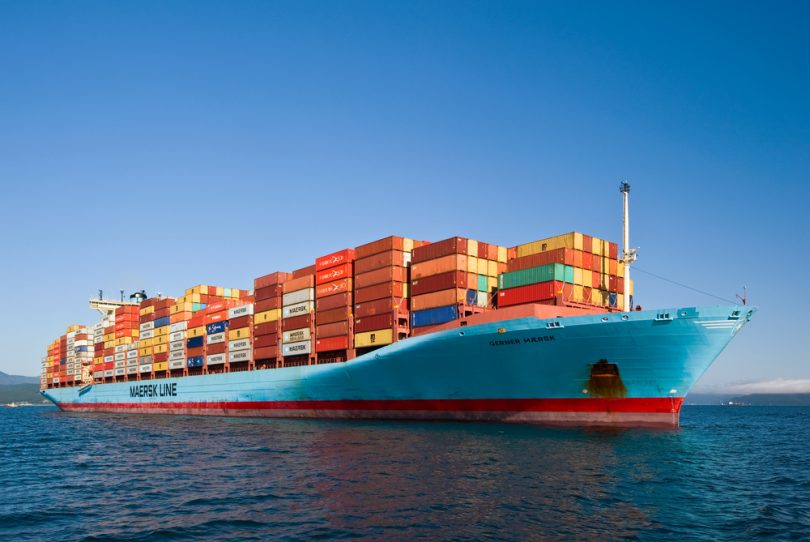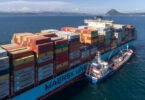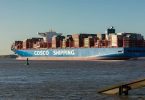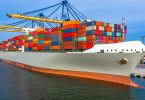Yesterday the Canada Border Services Agency (CBSA) announced plans to pilot TradeLens the IBM/Maersk blockchain shipping platform. The CBSA is responsible for customs services as well as border control and immigration.
On an average day, the CBSA process 58,600 commercial releases, 14,400 trucks, 240,000 mail items, and 127,400 courier shipments. That results with an average daily collection of CDN$ 88 million.
During the pilot, the agency aims to find out whether TradeLens can speed up business processes. It’s also hoping for improved transparency once cargo arrives at the port, and to cut the number of transactions needed to make customs decisions for shipments.
“TradeLens could create a singular, trusted digital supply chain for all shipments entering Canada,” said John Ossowski, President, CBSA. “The TradeLens pilot gives us an opportunity not only to find process efficiencies and gain analytical insights but improve data providence, accuracy and targeting capabilities. The result may be a faster and more reliable national supply chain, which could positively impact Canada’s economic output.”
The TradeLens platform aims to digitalize the container shipping process. The outcome should result in faster processes and improved transparency and tracking for shipments. After a twelve month trial, the project went live three months ago with 94 organizations participating at that stage.
Mike White, who leads TradeLens for Maersk, said: “Our goal is to play a leading role with all members of the World Customs Organization to help them attain faster processing of global trade data into a more effective, simplified structure and process that addresses their current challenges and future needs to improve the customer experience.”
Related blockchain projects
Internationally there are several trade platforms. In Asia, the Port of Singapore (PSA) indirectly owns a significant slice of the Open Trade Blockchain. The PSA is also a TradeLens participant. Kuehne + Nagel, the world’s largest sea freight forwarding company, is working on a project with Accenture. The initiative targets bills of lading and includes Anheuser-Busch and others.
The Port of Brisbane is running a trade project in conjunction with PwC. In South Korea, there’s an initiative driven by the Customs Service. And last month British ports announced their blockchain plans.
There are also multiple initiatives in the Middle East. Last week Abu Dhabi and the Port of Antwerp announced a blockchain trial. And Dubai is also working on a blockchain trade platform.






